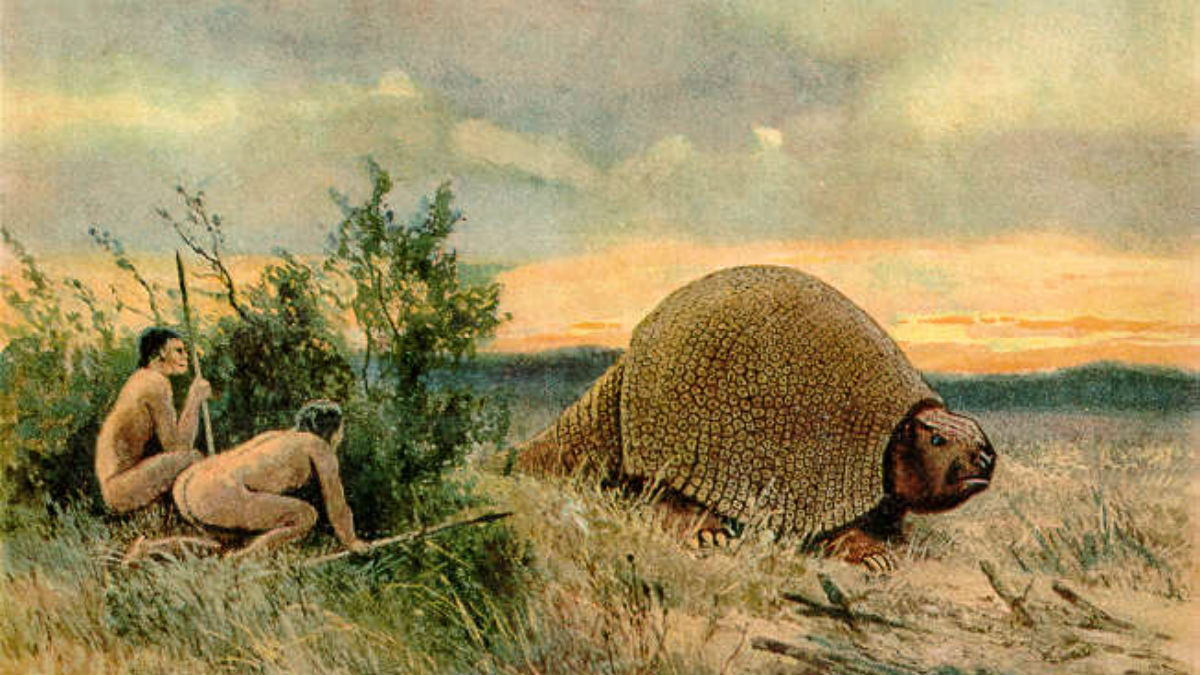Two-tonne armadillos the size of cars once roamed South America
Fossil analysis shows glyptodonts grew to be as big as Volkswagen Beetles, say scientists

A free daily email with the biggest news stories of the day – and the best features from TheWeek.com
You are now subscribed
Your newsletter sign-up was successful
Huge armadillos the size of cars once roamed the Earth, say scientists.
Glyptodonts, shelled mammals which first evolved about 35 million years ago, were long considered cousins of present-day armadillos. However, fresh analysis of a 14,000-year-old fossil has concluded that the ancient herbivores were the same creature.
Not only that, they grew as large as Volkswagen Beetle cars - the largest weighed around two tonnes, according to researchers. Today's armadillos are lightweights in comparison, ranging in weight from 187lbs to 13lbs.
The Week
Escape your echo chamber. Get the facts behind the news, plus analysis from multiple perspectives.

Sign up for The Week's Free Newsletters
From our morning news briefing to a weekly Good News Newsletter, get the best of The Week delivered directly to your inbox.
From our morning news briefing to a weekly Good News Newsletter, get the best of The Week delivered directly to your inbox.
Their methods of defence differed from the modern animal, too. While today's armadillos roll into a ball to protect itself, glyptodonts are believed to have depended on their shells and clubbed tails, as well as their vast size, for protection.
The tail would be "swung at any sexual rivals and potential predators who got too near", says The Independent.
"Glyptodonts should probably be considered a sub-family of gigantic armadillos," said Frederic Delsuc, of the National Centre for Scientific Research in France. "We speculate that the peculiar structure of their unarticulated carapace might have evolved as a response to the functional constraint imposed by the size increase they experienced over time."
They roamed the open grasslands of what is now South America for millions of years before they went mysteriously extinct in the last Ice Age.
A free daily email with the biggest news stories of the day – and the best features from TheWeek.com